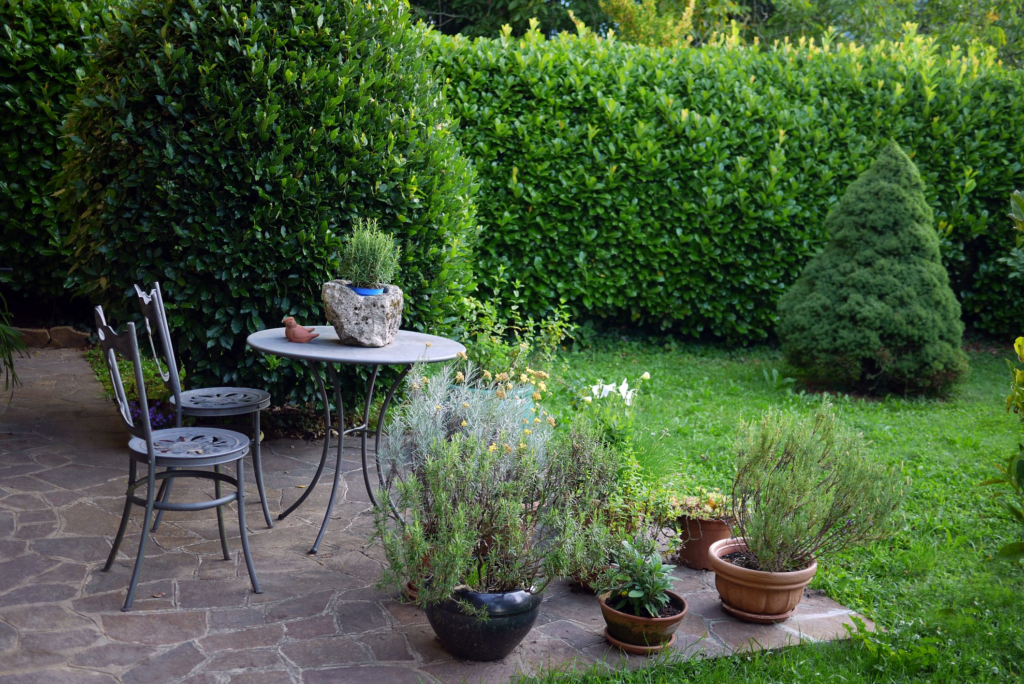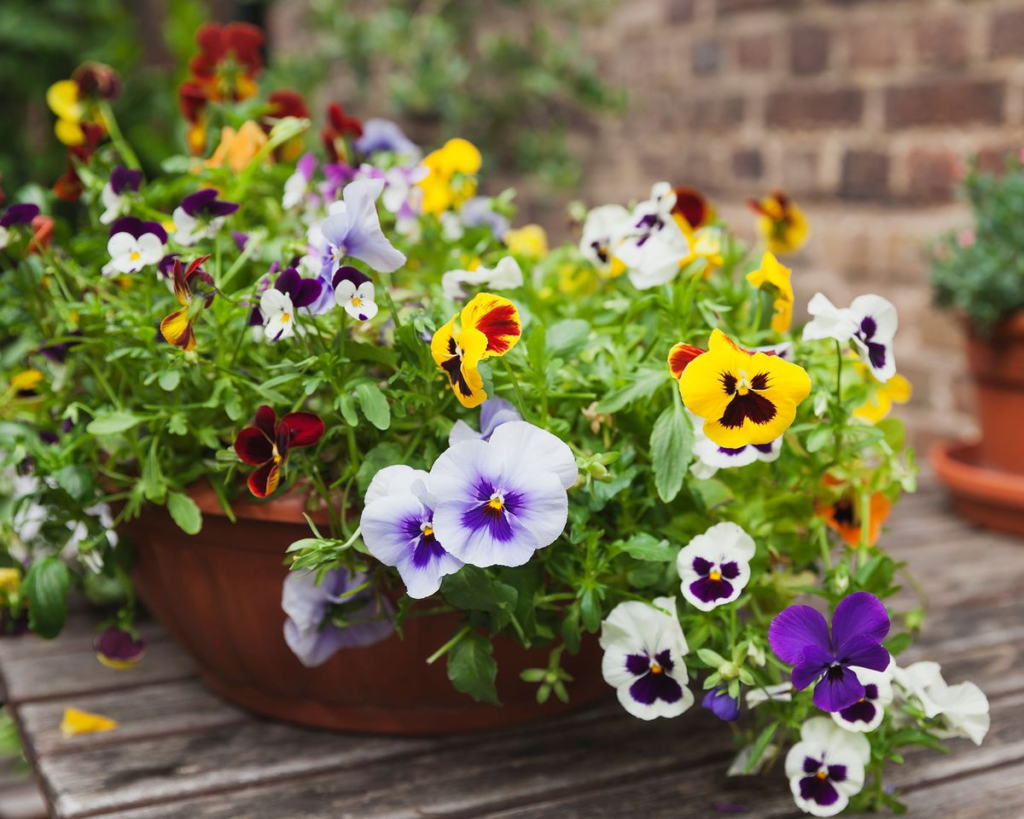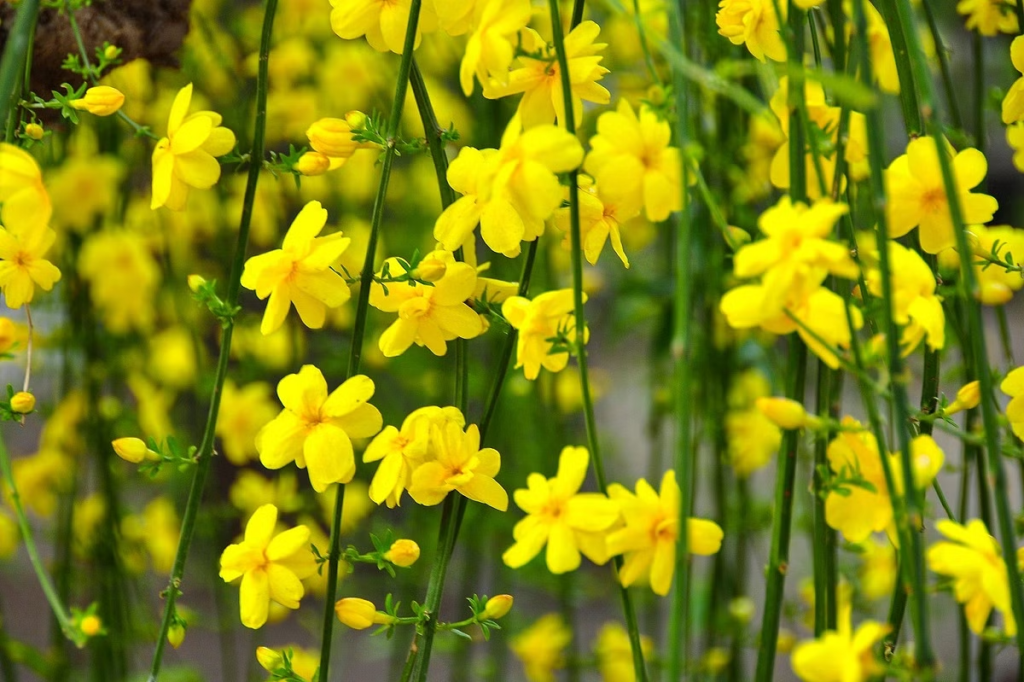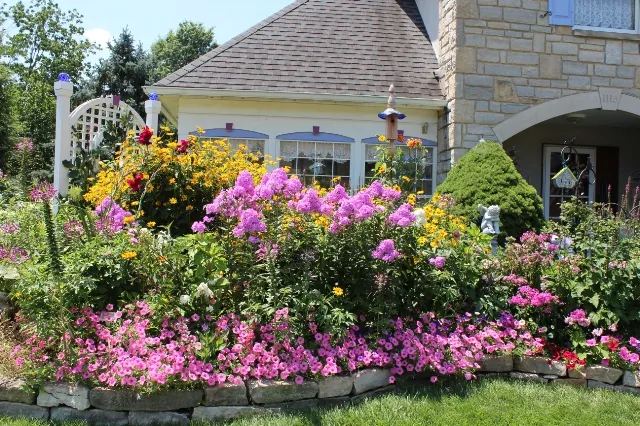Winter Garden – Winter gardening can be a rewarding endeavor, transforming your home garden into a vibrant oasis even during the colder months. In this comprehensive guide, we’ll explore a variety of plants that not only survive but thrive in winter, providing you with fresh produce, fragrant herbs, and colorful blooms. Let’s dive into the details of each point:

Introduction
A. Importance of Winter Garden
Winter gardening is more than a means of survival; it’s an opportunity to connect with nature and enhance your living space. During the colder months, when most plants seem to be in hibernation, a well-planned winter garden can bring life, color, and a sense of accomplishment.
B. Overview of Suitable Plants
Before delving into specific plants, it’s crucial to understand what makes a plant suitable for winter growth. We’ll explore categories like cold-tolerant vegetables, winter herbs, and flowers that can withstand chilly temperatures.
Cold-Tolerant Vegetables – Winter Garden
A. Leafy Greens – Winter Garden
1. Spinach

Spinach is a nutritional powerhouse that thrives in colder temperatures. Its cold-hardy nature makes it an excellent choice for winter gardens, providing a fresh source of greens for salads and various dishes.
2. Kale

Known for its durability, kale is a resilient winter vegetable. In fact, its flavor improves after a frost, making it a flavorful addition to your winter salads.
B. Root Vegetables – Winter Garden
1. Carrots

Carrots are not only a versatile kitchen ingredient but also resilient winter growers. Their ability to withstand frost makes them a staple in cold-season gardens, offering crisp, sweet carrots for your culinary creations.
2. Radishes

Quick-growing and adaptable, radishes are perfect for winter gardening. They add a crisp texture and a hint of spiciness to your dishes, making them a delightful winter addition.
Winter Herbs – Winter Garden
A. Rosemary

Rosemary, with its fragrant leaves and woody stems, is a robust herb that defies winter chill. It’s an excellent addition to your garden, providing fresh herbs for cooking even in colder months.
B. Thyme

Thyme, an earthy and hardy herb, adapts well to winter conditions. Its aromatic leaves make it a versatile choice for various culinary delights.
Winter Flowers – Winter Garden
A. Pansies

Pansies are not only colorful but also tough enough to withstand winter temperatures. Planting them in your garden adds a pop of color and a touch of cheerfulness to the winter landscape.
B. Winter Jasmine

Known for its delicate white flowers, winter jasmine is a resilient bloomer that adds elegance to your garden even in the coldest months. Its sweet fragrance is a pleasant addition to the winter air.
Container Gardening Tips – Winter Garden
A. Choosing the Right Containers
Opt for containers with proper drainage to prevent waterlogging, ensuring the health of your winter plants. This is crucial for the well-being of your plants during the colder months.
B. Soil Considerations
Use well-draining soil enriched with organic matter to provide essential nutrients for your plants. Healthy soil is the foundation for a thriving winter garden.
C. Sunlight and Placement
Strategically place containers to maximize sunlight exposure. Even in winter, plants need sunlight for optimal growth. Choose sunny spots and adjust the placement as the angle of the sun changes.
Protection from Frost – Winter Garden
A. Using Row Covers
Covering your plants with row covers during frosty nights provides an extra layer of insulation, protecting them from the cold. This simple technique can make a significant difference in the health of your winter garden.
B. Mulching Techniques
Mulch around the base of plants to retain soil moisture and regulate soil temperature. This helps safeguard your plants from extreme cold, ensuring their well-being throughout winter.
Indoor Gardening – Winter Garden
A. Windowsill Herbs
Bring the garden indoors by growing herbs on your windowsill. This not only ensures a fresh supply for your kitchen but also adds greenery to your living space, promoting a connection with nature even when you’re inside.
B. Mini Indoor Greenhouse
Consider setting up a mini indoor greenhouse to cultivate winter plants that require a more controlled environment. This is particularly useful for temperature-sensitive plants, allowing you to extend your winter gardening possibilities.
Winter Garden Maintenance – Winter Garden
A. Watering Schedule
Adjust your watering schedule to the needs of winter plants. While they generally require less water, it’s essential to keep the soil consistently moist. Proper hydration is key to the health of your winter garden.
B. Pruning and Deadheading
Regular pruning and deadheading help maintain the health and appearance of your winter garden. By removing dead or damaged parts, you encourage new growth and keep your garden looking vibrant.
Benefits of Winter Gardening
A. Psychological Well-being
Engaging in winter gardening provides a therapeutic escape, reducing stress and enhancing mental well-being during the colder months. The act of nurturing plants and watching them grow can be a rewarding and calming experience.
B. Sustainable Living
Growing your own winter produce contributes to sustainable living. By reducing your reliance on store-bought vegetables and flowers, you actively participate in a more eco-friendly lifestyle.
Conclusion
Embrace the beauty and possibilities of winter gardening. Whether you’re savoring the taste of fresh kale in your winter salads or enjoying the vibrant colors of pansies, your home garden can thrive throughout the colder months. Connect with nature, enjoy the process, and let your garden be a testament to the resilience of life.
Unique FAQs
- Can I grow tomatoes in winter? While tomatoes are typically associated with summer, certain varieties are bred for colder climates. Look for “cold-tolerant” or “determinate” varieties for better success.
- Do winter flowers require special care? Yes, winter flowers benefit from some protection during frost, such as covering them with cloth or using mulch. Regular watering and pruning also help maintain their health.
- How often should I water my winter garden? Adjust your watering frequency based on the specific needs of each plant. Generally, winter plants require less water, but it’s essential to keep the soil consistently moist.
- Can I start winter gardening as a beginner? Absolutely! Many winter plants are beginner-friendly. Start with easy-to-grow options like kale, spinach, and pansies to build your confidence.
- Is indoor gardening suitable for all winter plants? While many winter plants can thrive indoors, some may require more sunlight than others. Consider the light requirements of each plant when bringing them indoors.

